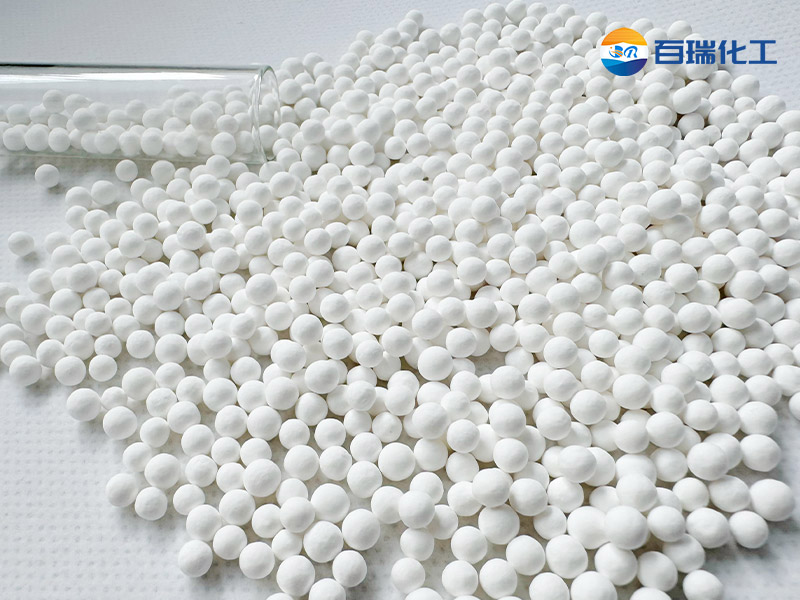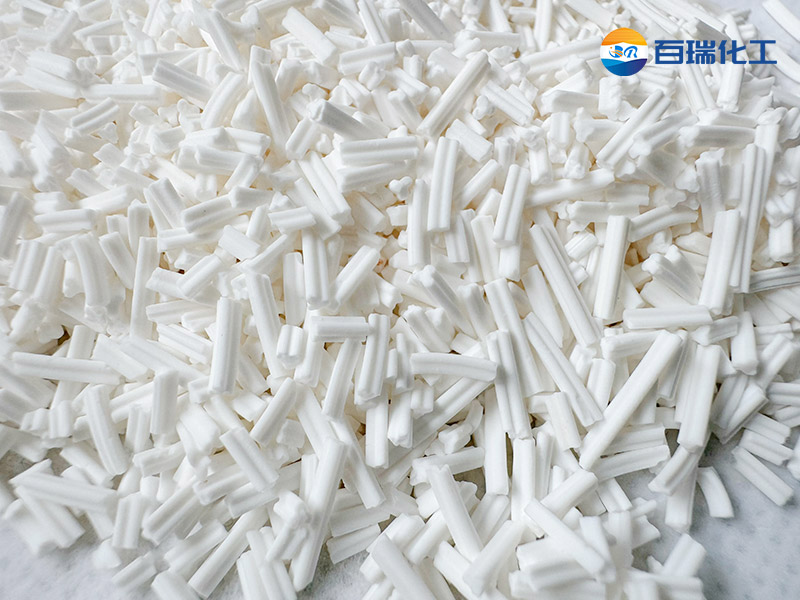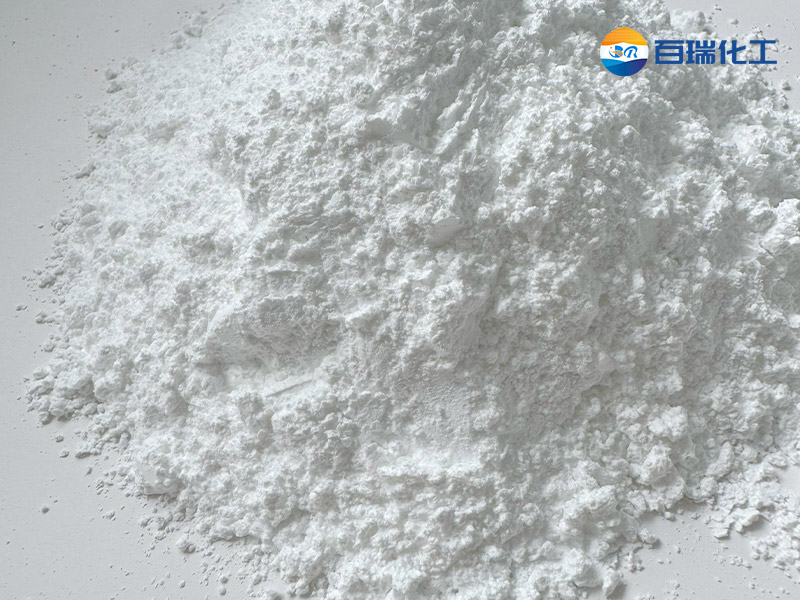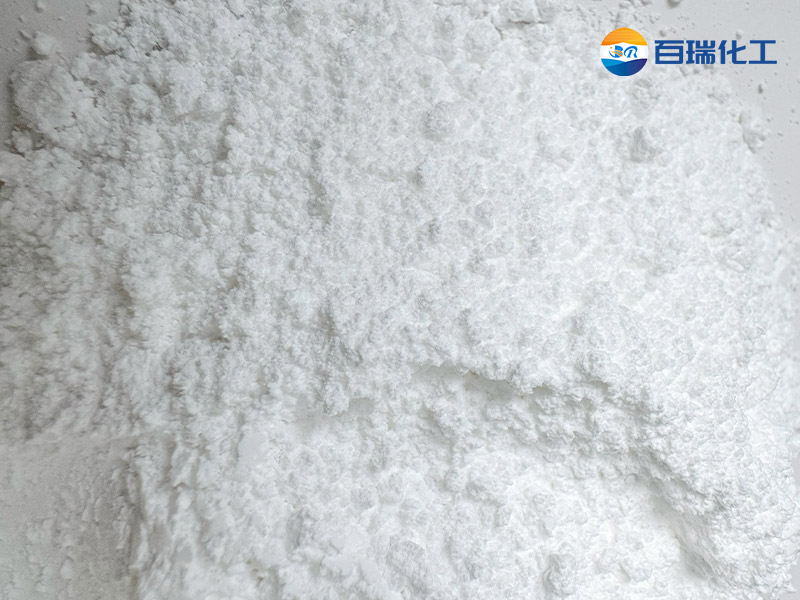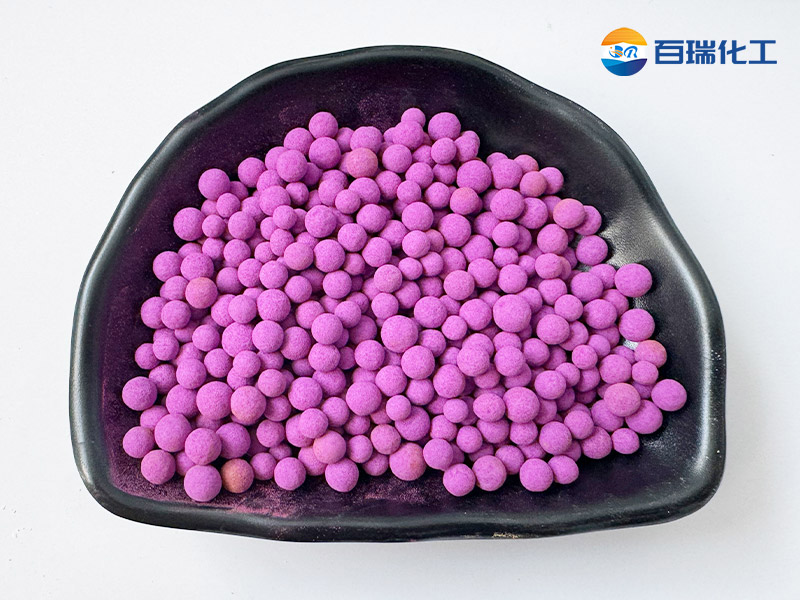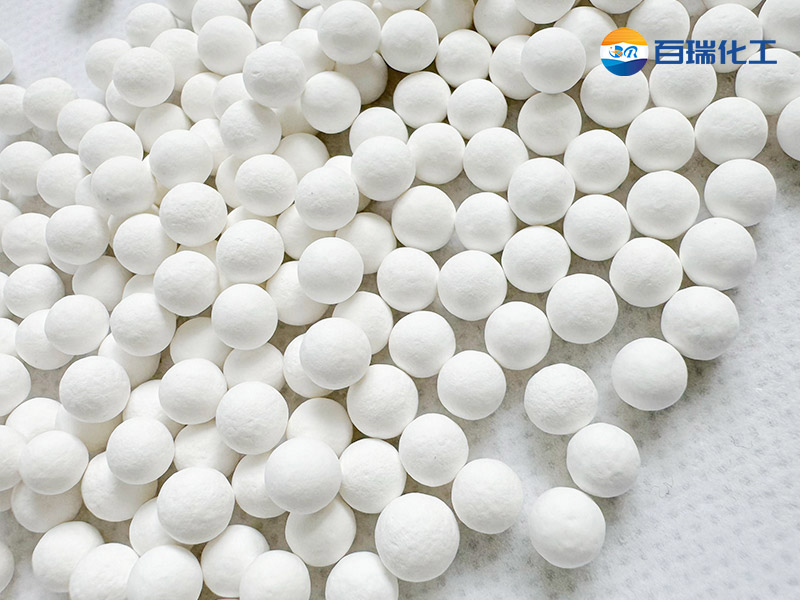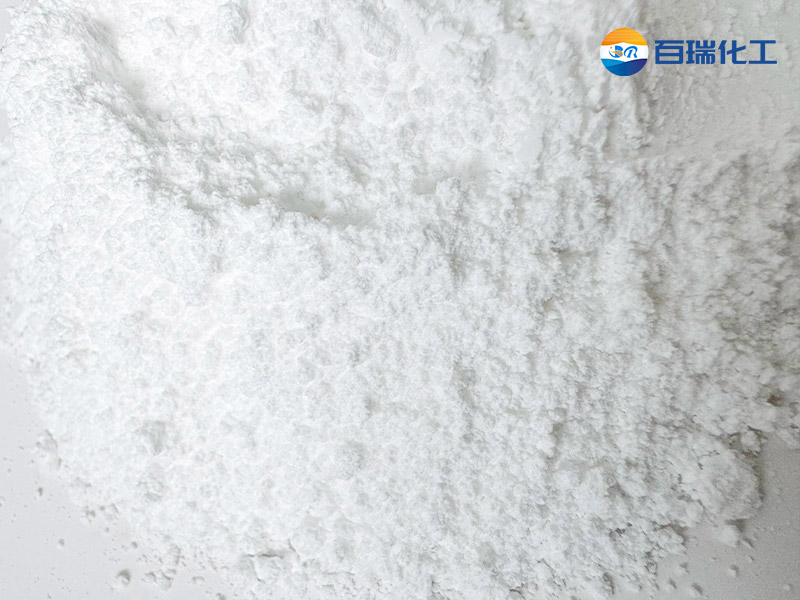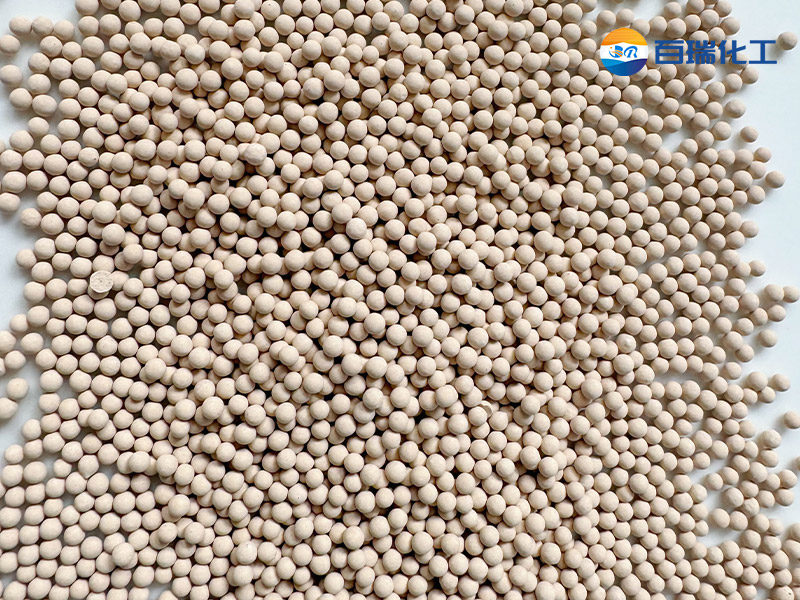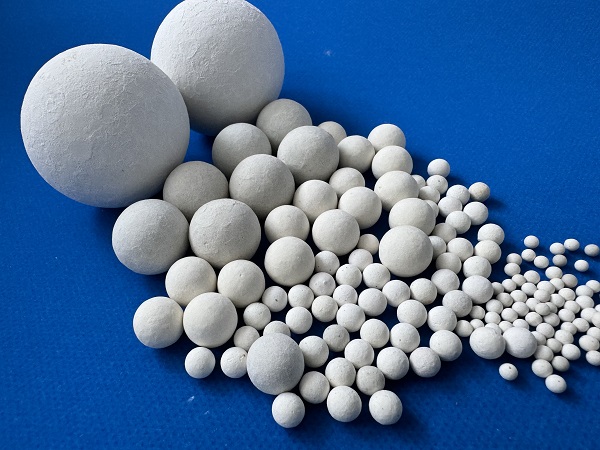Among numerous industrial ceramic materials, alumina ceramic balls, with their unparalleled array of superior properties, have become indispensable core components in key industries such as petrochemicals, mineral processing, and electronic materials.
This article will provide a comprehensive analysis of the seven key characteristics of alumina ceramic balls to help you make the most informed choice.
1. Extremely Wear-Resistant, Long Lifespan
Alumina ceramic balls' most notable attributes are their exceptional hardness and wear resistance. With a Mohs hardness of 9, they are second only to the hardest diamond. This means that even in high-speed ball mills or environments subject to intense material flow, alumina ceramic balls experience extremely low wear, significantly extending their service life and reducing downtime for replacement, thereby effectively lowering overall operating and maintenance costs.
2. Indestructible and High Compressive Strength
In addition to their surface hardness, alumina ceramic balls also possess extremely high compressive and mechanical strength. They can withstand the immense pressures within equipment and the violent impacts between materials without breaking. This effectively prevents material contamination and equipment damage caused by ball breakage, ensuring the continuity and stability of the production process.
3. Chemically Inert and Stable Corrosion Resistance
Alumina is an extremely stable oxide, making alumina ceramic balls extremely resistant to most acids, bases, organic solvents, and other chemicals (except hydrofluoric acid and concentrated, hot, strong bases). This property ensures that they will not react with reactants in harsh chemical environments, making them ideal for catalyst carriers and tower packing, ensuring absolute product purity and reaction consistency.
4. Flameproof, High-Temperature Resistance
Alumina ceramic balls offer excellent high-temperature resistance, with long-term operating temperatures exceeding 1600°C. Even at such high temperatures, they retain their original crystal structure and physical properties, without melting, softening, or deforming. This characteristic makes them widely used as high-temperature refractory support materials in ceramic kilns and the metallurgical industry, as well as in various high-temperature reactors.
5. Adjustable Density to Meet Different Needs
Alumina ceramic balls have varying bulk densities depending on their alumina content (commonly 92%, 95%, and 99%). High-density balls provide greater impact energy when used as grinding media, significantly improving grinding efficiency. When used as reactor fillers, they increase the amount of catalyst per unit volume, thereby enhancing reaction efficiency. Users can select the most appropriate density grade based on their specific process requirements.
6. Excellent Electrical Insulation
High-purity alumina is an excellent electrical insulating material, boasting high resistivity and dielectric strength. Therefore, alumina ceramic balls are commonly used in the electronics and electrical industries as key components in insulators, sockets, circuit boards, and other components, providing reliable insulation under high voltage and high frequency environments.
7. Low Contamination, Guaranteed Product Purity
Thanks to their extremely low wear rate and excellent chemical stability, alumina ceramic balls introduce virtually no impurities into the material during operation. This is crucial for industries requiring extremely high product purity, such as electronic ceramics, magnetic materials, high-end glazes, pharmaceuticals, and food-grade pigments, ensuring high-quality end products.
How to Choose Based on Alumina Content?
The performance of alumina ceramic balls is closely related to their purity:
Medium Aluminum Balls (~60% Al₂O₃): Offer a cost-effective design and are suitable for applications where wear and corrosion resistance are less demanding. High-aluminum balls (90%-95% Al₂O₃): The mainstream market choice, offering balanced performance in terms of wear resistance, high temperature resistance, and corrosion resistance, suitable for most industrial applications.
Ultra-high-aluminum balls (≥99% Al₂O₃): Offer top-tier performance, designed for the most demanding and demanding applications, pursuing ultimate lifespan and efficiency.


